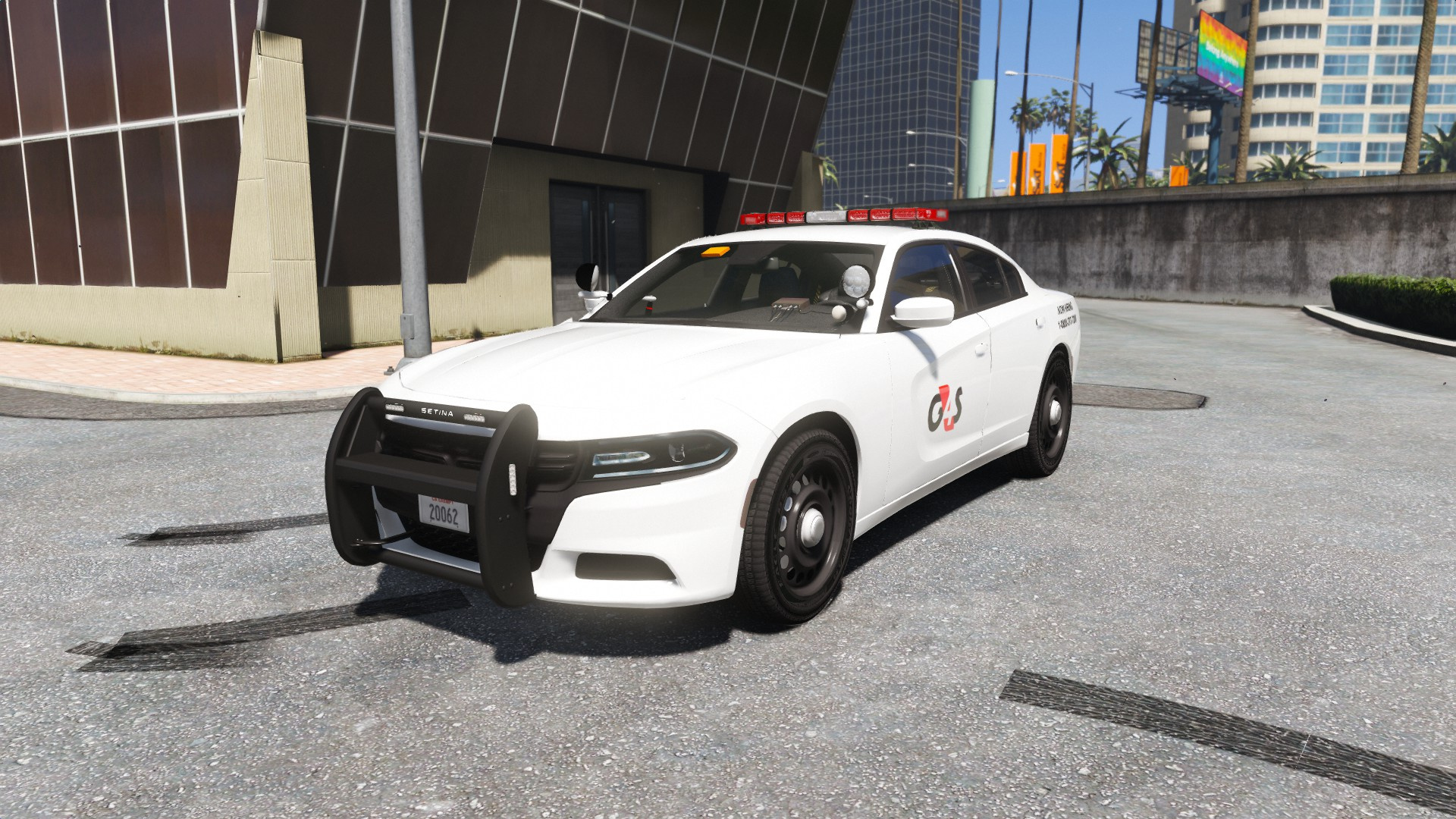Virginia to sign $7M contract with private security firm to transport mental health patients

Richmond VA May 8 2019
Virginians experiencing a mental health crisis will no longer be transported to the hospital in the back of a police car starting this summer, ending a practice that has been criticized as traumatizing for the patient and a waste of time and money for law enforcement officers.
The Virginia Department of Behavioral Health and Developmental Services announced Tuesday that it will award the private security firm G4S a $7 million, two-year contract to provide transportation for the thousands of mental health patients each year who are involuntarily hospitalized. The company will provide drivers to take patients to the closest hospital with an available mental health bed, which can sometimes be hours away.
Currently, local law enforcement officers are dispatched to drive patients in the back of a marked vehicle, sometimes handcuffing them even when a crime hasn’t been committed.
A state study in 2017 called for the behavioral health department to establish an alternative transportation system that would lessen the distress people might feel when they’re handled by police and would stop taking law enforcement officers away from other duties as they drive patients across the state.
“The current practice in Virginia of transporting people in need of involuntary hospitalization can intensify trauma and make them less likely to engage in treatment in the future,” behavioral health department Commissioner S. Hughes Melton said in a news release. “This new alternative transportation program is an exciting and significant step forward in how we treat people in crisis who need involuntary hospitalization.”
The Joint Subcommittee to Study Mental Health Services in the 21st Century, known as the Deeds Commission after the legislative body’s chairman, Sen. Creigh Deeds, instructed the behavioral health department to make finding an alternative transportation system a priority.
The commission was created after the death of Deeds’ 24-year-old son, Gus, who attacked his father before killing himself in November 2013 after efforts to get him court-ordered inpatient treatment fell through. A clinician had six hours to find Austin C. “Gus” Deeds a bed, but she ran out of time and he went home.
In response, legislators extended the time clinicians have to evaluate someone from a maximum of six hours to eight hours, bumped the possible hold for someone found to need inpatient treatment under a temporary detention order from 48 hours to 72 hours, and required state facilities to admit patients who qualify for court-ordered inpatient treatment if a suitable private bed cannot be found before time runs out.
The transportation problem has grown as hospitals have seen an influx of people admitted under a temporary detention order since the new law greatly increased the number of people being involuntarily hospitalized.
When nearby hospital beds are full, law enforcement officers have had to drive many miles and hours away to the closest hospital with an opening.
The state implemented a pilot program for alternative transportation in five Southwest Virginia counties in 2016 and 2017.
G4S, the security firm, will transport patients with specially trained, unarmed drivers using secure, unmarked vehicles, according to a news release from the behavioral health department. The training includes lessons on behavioral health services, supporting and supervising people in a crisis, and human rights and crisis intervention. The firm is expected to transport about half of all involuntary patients.
In 2018, law enforcement officers transported 99 percent of the 25,000 involuntary detentions.
Responding to and transporting people with mental illness took up an average of 10 percent of law enforcement budgets and 21 percent of staff time, according to a national survey released Tuesday by the Treatment Advocacy Center, a mental illness advocacy nonprofit, in partnership with the National Sheriffs’ Association. The survey of 355 sheriff’s offices and police departments found that respondents drove more than 5.4 million miles transporting people with a serious mental illness in 2017.
Rhonda Thissen, the executive director of the National Alliance on Mental Illness of Virginia, said the move is a victory for mental health in the state.
“NAMI Virginia is thrilled to learn of the state’s new contract for alternative transportation services for individuals under a Temporary Detention Order,” Thissen said in a statement.
“Being involuntarily committed to psychiatric hospitalization can be a traumatic experience, and the traditional process of transporting the individual to the hospital — even children as young as eight — handcuffed in the back of a police car makes the situation that much worse,” Thissen said. “It also further entrenches the inaccurate stereotype that people with mental illness are dangerous criminals. We hope the new alternative transportation service will offer a kinder, gentler way to get individuals in mental health crisis the help they need.”
The new transportation program will begin this summer.
TimeDispatch.com



